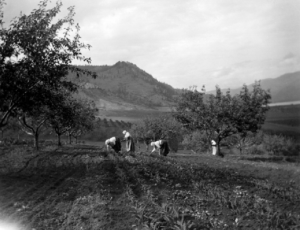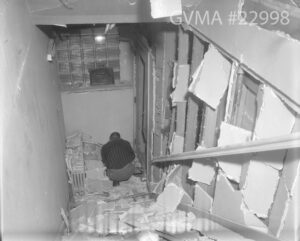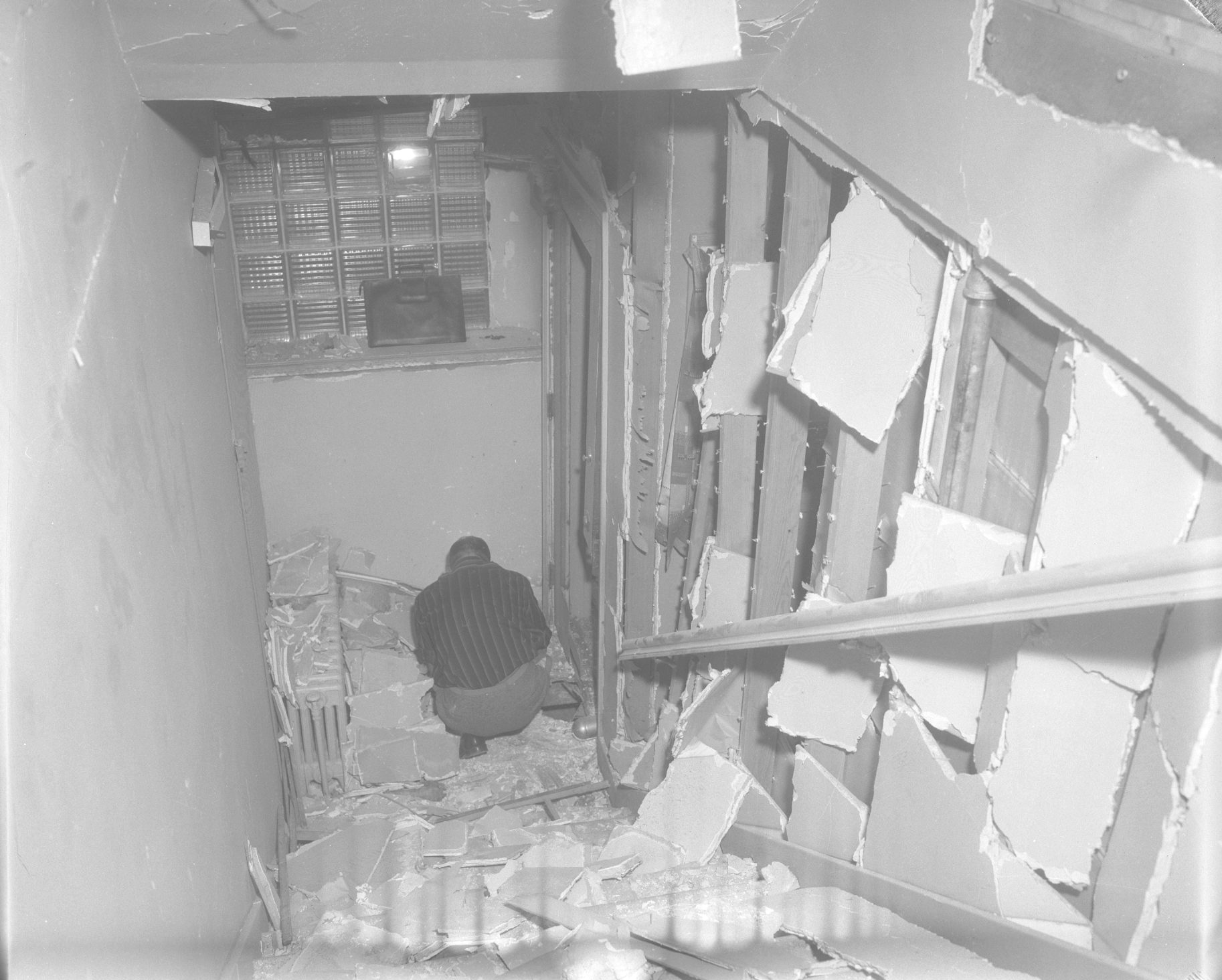The arrival of Russian Doukhobors in Vernon and the Okanagan Valley is a story flush with tension and resilience.
Thousands of Doukhobors began arriving in Canada between 1899 and 1914, escaping oppression under the regime of Tsar Nicholas II.
The first group of Doukhobors settled four colonies in what would later become the province of Saskatchewan.
The Doukhobor homestead crisis of 1907 caused some of their number to leave Saskatchewan for British Columbia and by the 1930s, they reached the Okanagan Valley.
Doukhobors were perceived as a a cheap source of labour during World War Two. Although their wages where higher in the Okanagan Valley than in the Kootenays, they were paid considerably less than English-speaking labourers.
The cultural and spiritual divide between the Doukhbobors and their British neighbors strained relationships between the two groups.
Several articles in the Vernon News from the early 20th-century describe the Doukhobors as “crazy,” “trouble,” and “fanatics.”
This reputation for fanaticism among the Doukhobors was due to the actions of a minority sect among them, the “Freedomites,” or “Sons of Freedom.”
The Freedomites espoused a return to the more traditional Russian-style of communal living and self-governance.


The foyer of Vernon’s Professional Building after a terrorist attack by Freedomites in 1958. The actions of this minority group contributed to generalized anti-Doukhobor sentiment. (GVMA)
During the 1950s, they became known for their public protests; they burned money, refused to send their children to public schools, and paraded nude through busy streets. In response, many Freedomite children were snatched by the Canadian government and placed in an internment camp in New Denver.
Although pacifism and anti-war sentiment is a fundamental component of the Doukhobor belief system, some Freedomites used violent means to advance their message and oppose the imprisonment of their children. In the early hours of August 14, 1958 a bomb went off in Vernon’s Professional Building on 31st Street, causing extensive damage but no injuries. The detonation coincided with attacks on post offices in Oliver and Osoyoos, and five male Freedomites were later arrested and charged.
The relationship between the federal government and the Doukohbors improved gradually over the next few decades, following investigations into the systematic abuse suffered by Doukhobor children, the establishment of the Expanded Kootenay Committee on Intergroup Relations, and a 2004 “statement of regret” by the Government of B.C. Members of the Doukhobor community are still seeking an official apology.
Today, Vernon is home to more than 2,000 people of Russian descent.
Gwyn Evans

